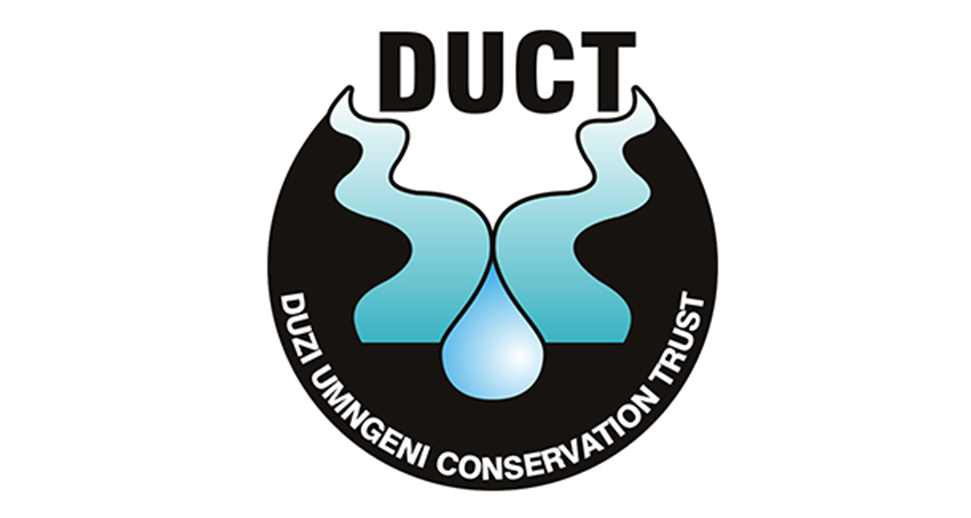Rivers don’t lie.
An array of litter and other assorted objects are among the flotsam flowing down tributaries to the uMsunduzi River every day.
The Witness recently accompanied Duzi-uMngeni Conservation Trust (Duct) staff on a river walk to assess and explore tributaries which contribute to the shocking overwhelming litter problem in the uMsunduzi river.
The 14 km walk from the source of the Willowfountain River traversed the greater Imbali township and met up with the uMsunduzi at Camps Drift.
Judging by the number of white, slaughtered chickens floating in the rivers, people have performed rituals in the rivers.
Where there is a bridge, there is an illegal dumping area, from where the litter is then washed downstream.
Sewage spilling into the river from broken and blocked pipes is still a problem, which the municipality is responsible for repairing, Duct’s general manager Doug Burden said.
He said many developments or residential establishments don’t obey the 32 m buffer with the construction of fences, walls, buildings, gardens and lawns all encroaching into the riparian zone.
Duct’s Sithembiso Sangweni said the state of the rivers shows them which areas have the potential to become “Green Hubs” — Duct’s newly planned initiative known as the uMsunduzi Green Corridor Project.
“We found the health of the river to be declining rapidly as we moved from source to confluence. Many were left disheartened by the ailing health of this stream,” Sangweni said.
The crew had an invaluable mobile mapper (Spectra Mobile) which they used to pin-point and record areas of environmental significance and concern during the walk.
“It’s important that we as river custodians get a full understanding of the detrimental impacts that these rivers are faced with as the population of communities within this area is ever increasing,” said Sangweni.
Burden said the information will help Duct achieving their vision; “Healthy Communities need Healthy Rivers”.
Duct’s river walk team, made up of staff and friends of Duct led by Penny Rees, have over the past year and a half recorded information on the state of the Midlands’ rivers.

